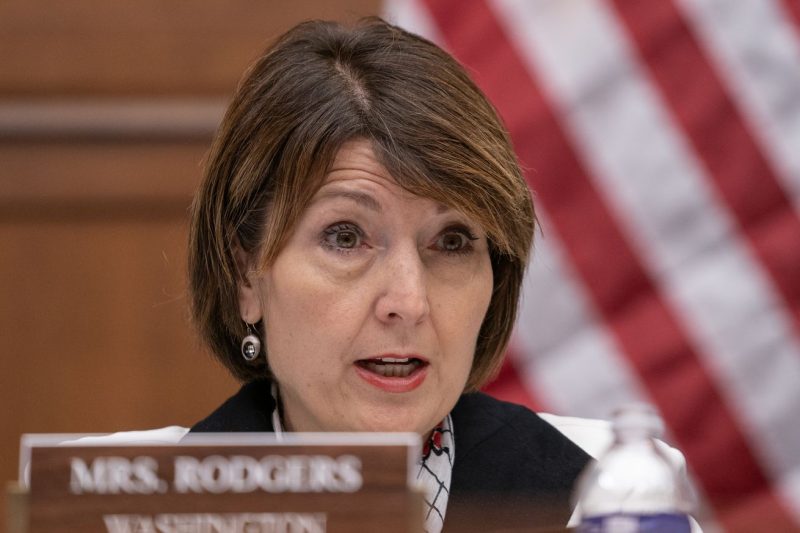The recent news about the breakdown of a meeting to consider a bipartisan privacy bill underscores the challenges of navigating the complex landscape of data privacy legislation. The stakeholders involved in shaping privacy laws face a multitude of issues that must be carefully addressed to achieve consensus. In this article, we will delve into the key points of contention that led to the collapse of the meeting and explore potential paths forward for advancing a meaningful privacy bill.
The meeting, which was supposed to bring together lawmakers from both sides of the aisle to discuss a potential privacy bill, fell apart due to fundamental disagreements on key provisions. One of the central issues revolved around the scope of the proposed bill and the extent to which it would regulate the collection and use of personal data by tech companies and other entities. Some participants argued for a comprehensive approach that would establish clear rules for data collection, storage, and sharing, while others advocated for a more limited framework that would not overly constrain businesses.
Another sticking point in the discussions was the question of enforcement mechanisms and penalties for violations of the proposed privacy regulations. Some lawmakers pushed for stringent enforcement measures, including hefty fines for non-compliance and potential criminal liability for egregious violations. However, others raised concerns about the potential impact of harsh penalties on businesses, especially smaller companies that may struggle to meet the requirements of the new law.
Moreover, the issue of preempting state-level privacy laws emerged as a contentious issue during the meeting. Some participants argued that a federal privacy bill should supersede any existing or future state laws to create a uniform regulatory environment across the country. On the other hand, some lawmakers expressed reservations about preempting state laws, citing the importance of allowing states to tailor their own privacy regulations to meet the specific needs of their constituents.
Despite the breakdown of the meeting, there are still opportunities to move forward with meaningful privacy legislation. One potential approach could involve revisiting the key points of contention and working towards finding common ground on critical issues such as scope, enforcement, and preemption. By engaging in ongoing dialogue and negotiation, lawmakers can strive to develop a privacy bill that strikes a balance between protecting consumer data and fostering innovation.
In conclusion, the collapse of the meeting to consider a bipartisan privacy bill highlights the complexities and challenges inherent in crafting effective data privacy legislation. Moving forward, stakeholders must continue to engage in constructive dialogue and compromise to develop a robust privacy framework that safeguards consumer data while supporting innovation and economic growth. Only through sustained collaboration and cooperation can lawmakers bridge their differences and deliver meaningful privacy protections for all Americans.
